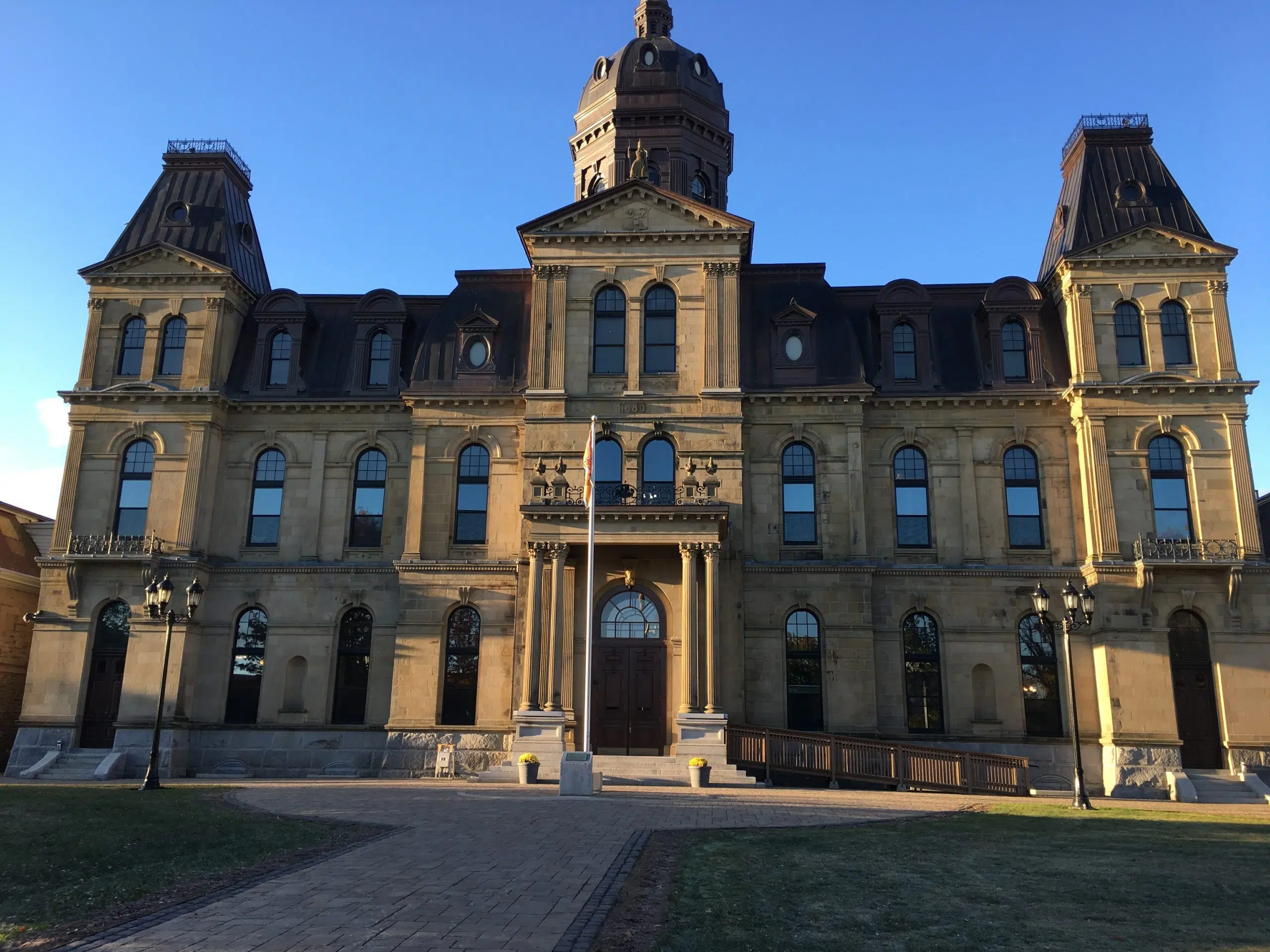The see-saw that is New Brunswick’s fiscal situation continues.
A $247.4 million surplus is now being projected this year, according to the third-quarter update released Thursday.
That is compared to a $35.3 million surplus in Q2, nearly $200 million in Q1, and $40.3 million at budget time.
Finance Minister Ernie Steeves said much of the variance is due to a big increase in HST revenue that the government did not learn about until December.
“The national revenue pool for HST has grown significantly. Additionally, New Brunswick’s share of the pool has increased, resulting in a significant increase in HST revenues,” said Steeves.
“Federal estimates provided to us this past December reflect economic, administrative, and forecast data that was not previously available”
HST revenue was up more than $346 million, resulting in an overall revenue increase of $510 million higher than budgeted.
The finance minister said his government is trying to ensure this does not happen again in the future.
“I’ve sent a letter to the deputy prime minister and finance minister, Chrystia Freeland, and I’ve asked her that the federal government consider a review of the current process for estimates and explore better ways that this can be done,” said Steeves.
On the expense side of things, the total is expected to be $303 million higher than budget due to variances in several departments.
The net debt is now projected at $12.4 billion, a decrease of $62.4 million year-over-year.
Holland said the surplus is allowing the government to consider putting extra money in several areas.
That includes investments in the provincial clinical information system and further investments in the provincial housing strategy.
Meanwhile, the Opposition Liberals said there were no surprises contained in Thursday’s fiscal update.
Finance Critic René Legacy said the government’s quarterly updates have become “very predictable.”
“We have a housing crisis, a health care crisis, an education crisis, our infrastructure is depreciating at a faster rate than we are maintaining them,” said Legacy.
“We need bold action to start correcting some of these situations, not band-aids thrown out to try and justify the inaction of this government.”
Legacy said when the government first saw signs of a larger-than-expected surplus in the first quarter, it should have started spending some of that money rather than waiting until the end of the fiscal year.








